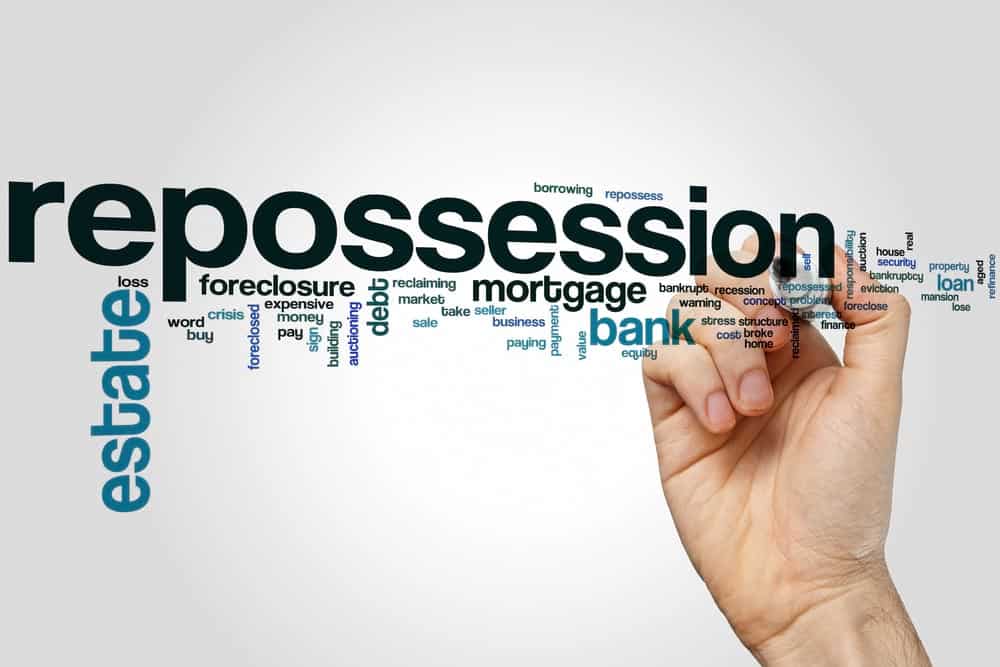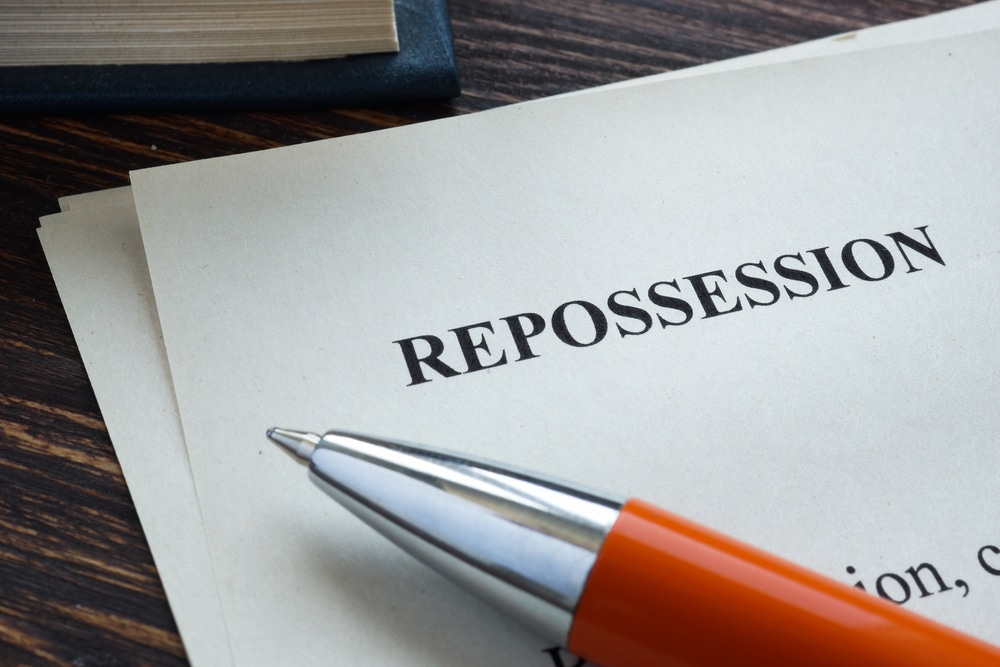Before you buy a house, you need to prepare.
Saving up enough to buy a house is an important part of this. So too is ensuring you have a good credit score.
So what credit score do you need for a mortgage? And how can you improve this?
Read on to learn more about.
What is a credit score?
A credit score is used by lenders to determine an individual’s creditworthiness based on their personal credit history.
This can include information ranging from the total amount of outstanding debt they have to their credit utilisation.
Your personal credit score and report are there for potential lenders to check when you apply for credit, such as:
- Mortgages
- Phone contracts
- Credit cards
- Loans.
And more.
Credit scores help lenders to determine the risk of lending to a potential borrower and the likelihood of that individual paying their repayments on time.
Credit score scales
A credit score can range from anything between 0-999, depending on where you check your score, and there are typically four different credit score bands.
In the UK, the largest and most frequently used credit rating agency (CRA) is Experian.
An Experian excellent score ranges between 961 and 999, a good score between 881 and 960, and a fair score is between 721 and 880.
If your credit history results in a lower credit score, this may impact your ability to borrow money, such as being rejected for credit.
It can impact your ability to get a financial or legal sector job and can present difficulty when applying to rent a property.
5 tips to increase your credit score
If you have no, next to no credit history or bad credit, your score is likely going to be lower.
But it is possible for credit scores to be increased through a number of means.
This can include taking simple steps such as proving your current residence by registering on the UK electoral roll.
Here are 5 tips to increase your credit score:
1. Build a credit history
A credit score can only be built using a credit history, whether that credit history is positive or not.
If there is no or little credit history, a lower score is often given, which is why it’s important to build a credit history. This is especially true for those who wish to purchase a property using a mortgage.
Credit history can be built through opening a bank account, having an arranged overdraft, credit card, and more.
2. Pay bills on time
When borrowers apply for credit, lenders are looking for those individuals who consistently pay their repayments on time and in full.
Lenders like to see borrowers they can rely on, such as those who pay their repayments on time and in full. Doing this can help to increase your credit score.
3. Utilise your credit
When borrowing money from a lender, the standard rule of thumb to maintain a positive and high credit score is by using less than 30% of the credit limit provided on your card.
This is known as utilising your credit, which essentially is the amount of credit you’re currently using divided by the amount of available credit you have.
Lenders look at credit utilisation to get an idea of your spending habits and how you manage your available credit.
A lower credit utilisation often indicates you aren’t overspending and are paying off your credit balance on a regular basis.
4. Check your report
Your credit report is important, it is what determines your credit score, so any mistakes on it can be detrimental.
5. Set up direct debits
Setting up direct debits from your current account can ensure your repayments are always paid on time, helping to boost your credit score.
What credit score do you need for a mortgage?
Realistically speaking, there is no exact credit score you need for a mortgage.
But remember that a poor credit score may not land you a mortgage with a suitable interest rate or even at all.
Each mortgage lender will have different requirements and affordability checks. Meaning that while one lender may not be able to provide you with a mortgage, another may be able to.
Generally, lenders will be more inclined to offer lower interest rates to those who have a higher credit score due to the reduced level of risk this provides them with. And in turn, lower credit scores imply more significant risks, often resulting in higher interest rates.
When considering buying a property, it’s essential to consider your credit score.
A better score will be able to provide you with a range of benefits, including a choice of mortgage lenders. And each will have their own qualities, such as lower interest rates and a higher mortgage amount.



















